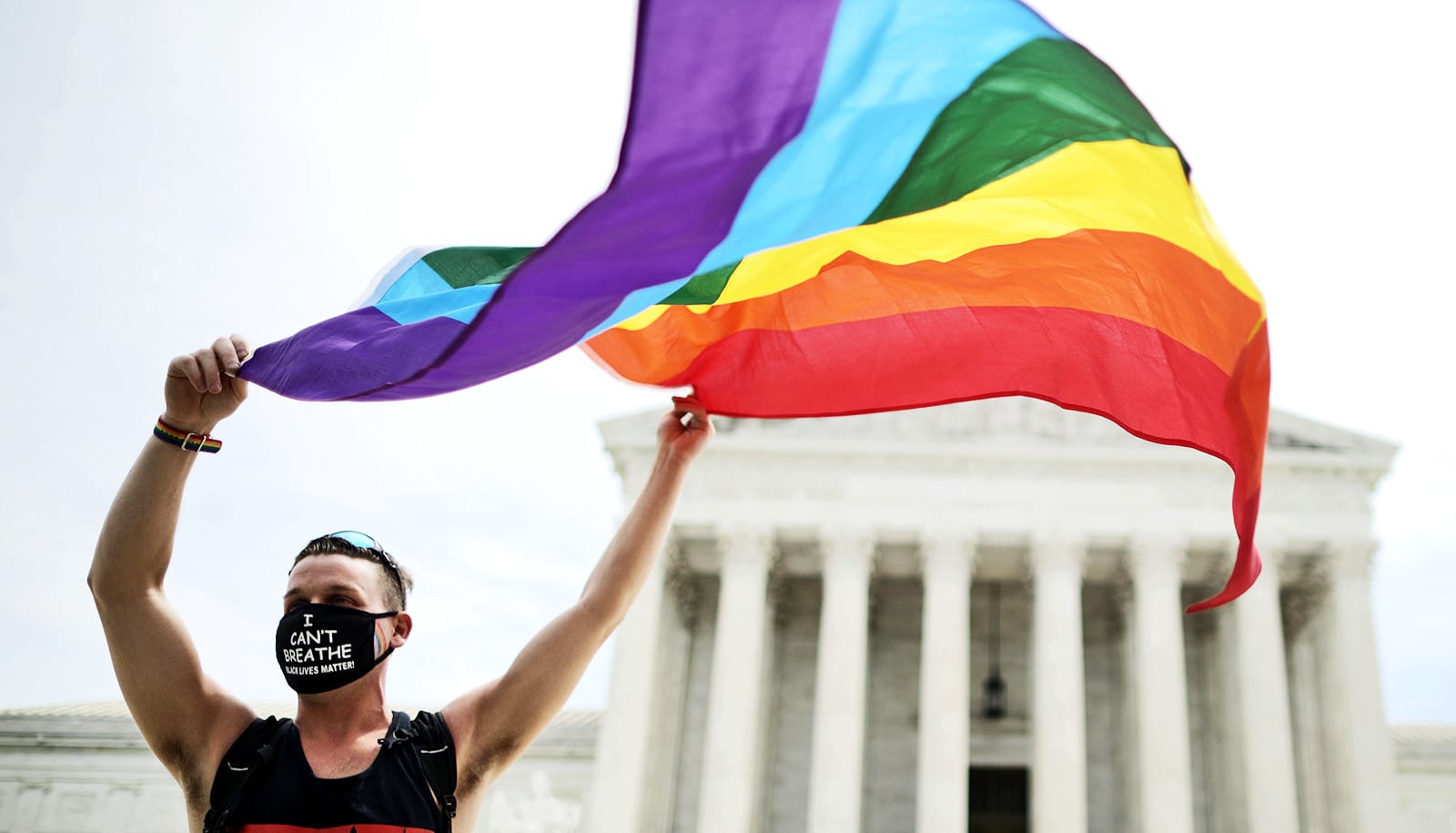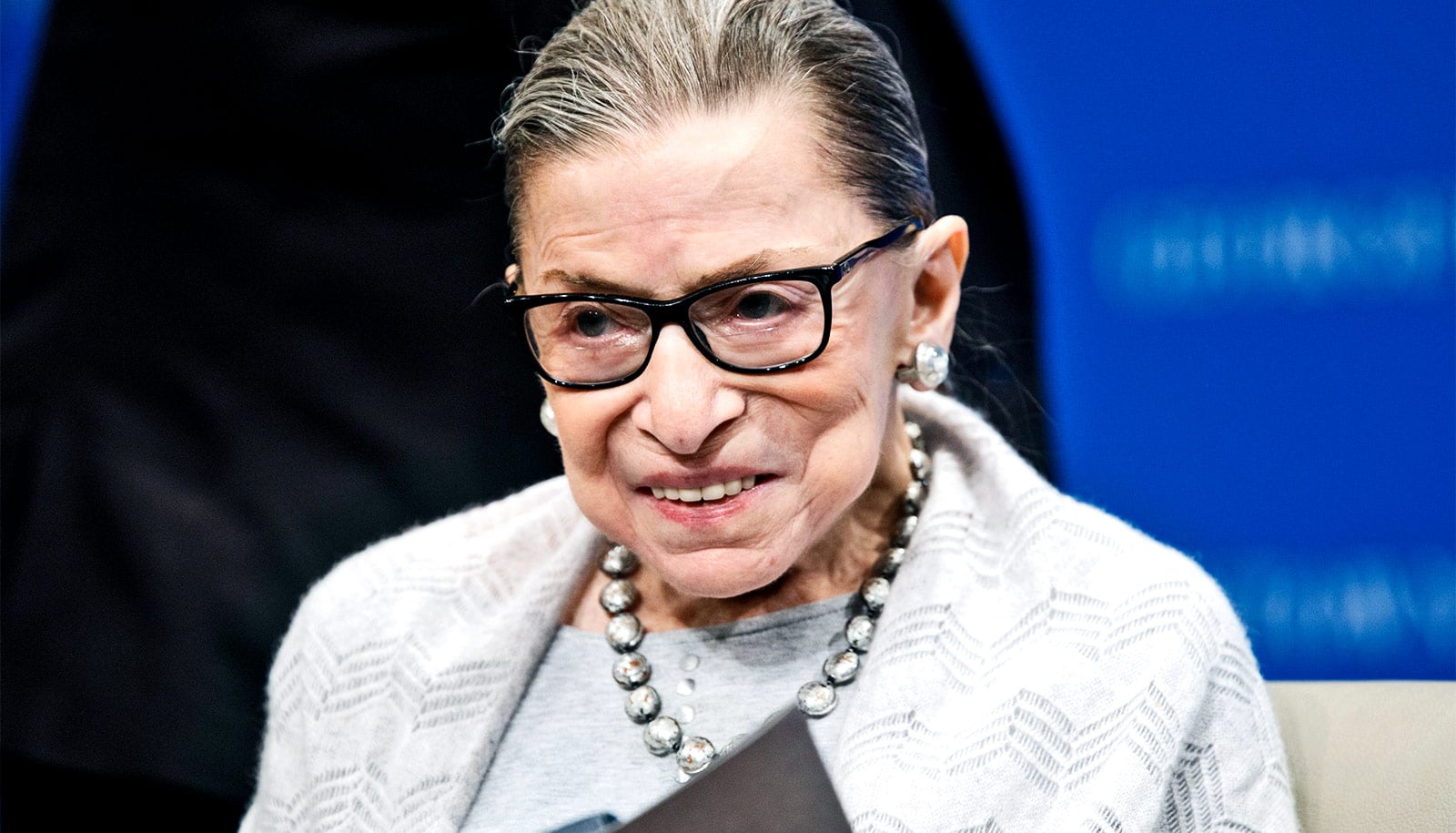Two recent cases from the US Supreme Court gave President Trump both a victory and a setback, David Sklansky argues.
The US Supreme Court ruled on Thursday, July 9, on two important presidential power cases, Trump v. Vance, District Attorney of the County of New York, et al. and Trump et al. v. Mazars USA, LLP et al.
One clears the way for prosecutors in New York to obtain President Trump’s financial records, although maybe not before the election. The other creates new hurdles that Congress must surmount in order to obtain those records.
Here, Sklansky, a professor of law at Stanford University, explains the two decisions and their implications:
Why did the Supreme Court grant prosecutors in New York the right to see President Trump’s tax returns and financial records? What was the key takeaway from the decision?
The justices said that full access to pertinent information is crucial to law enforcement and the fair administration of justice, and that the president’s personal information was no different from anyone else’s information in that regard. They relied heavily on prior decisions that presidents are not immune from legal process—stretching back to the enforcement of a subpoena for President Jefferson’s documents in the treason trial of Aaron Burr, and including the decisions in the Nixon tapes case and the civil lawsuit that Paula Jones brought against President Clinton.
Can you tell us a bit about the case in New York?
I can’t tell you much, because the details of the investigation are cloaked in the secrecy of the grand jury, as is often the case with criminal investigations. We know that Cyrus Vance Jr., the district attorney for Manhattan, served a grand jury subpoena on President Trump’s personal accountants, Mazars USA, for financial records related to President Trump and the companies affiliated with him, including tax records from 2011 to the present. And we know that the records were sought in connection with an investigation of business transactions suspected of violating New York state criminal laws. But we don’t know much more than that.
In a separate case, the Court denied the same right to Congress. What was that case about?
Three committees of the House of Representatives issued subpoenas last year to Mazars USA and two banks—Capital One and Deutsche Bank—for records relating to President Trump, his family, and their companies. The Supreme Court said that those subpoenas are invalid unless, all things considered, Congress’s need for the materials outweighs the threat posed to the constitutional scheme of separation of powers. The justices sent the case back down to the lower courts that had earlier approved the subpoenas, the US Courts of Appeals for the District of Columbia and for the Second Circuit, because the Supreme Court said that the lower courts hadn’t paid enough attention to the separation of power concerns, and hadn’t done enough to probe the strength and legitimacy of the congressional committees’ need for documents.
What was the Court’s rationale for that decision?
The Court said that congressional subpoenas for the President’s documents deserved more scrutiny than subpoenas issued in a criminal case, both because of the special need for full information in a criminal investigation or judicial proceeding, and because of the special worries about separation of powers raised when Congress, rather than prosecutors, requests information. The underlying idea seemed to be that the constitutional scheme of separation of powers needs to be zealously guarded against the danger of an overweening or overly vigorous Congress. I think this view is hard to defend today and has been for quite a long time. So, I don’t agree with the Court’s decision in the congressional subpoena case.
Does Trump have additional legal recourse? Can he and his attorneys still prevent the release of his records?
The Supreme Court sent the New York grand jury subpoena as well as the congressional subpoenas back for further consideration in the lower courts, so the President still can argue against enforcement in both cases. That will be harder to do with regard to the New York grand jury subpoena, given that the Supreme Court made clear that subpoenas in criminal cases don’t have to satisfy any heightened requirements just because the President’s personal records are at issue. But the President’s lawyers can still argue that the subpoena is overly broad or abusive, and therefore that they shouldn’t have to comply with it.
The President’s attorney described both decisions as wins: “the Supreme Court has temporarily blocked both Congress and New York prosecutors from obtaining the President’s tax records.” How’s that?
Well, yes, the Supreme Court didn’t say that the President had to comply immediately with any of the subpoenas. It’s very hard, though, to see the decision in the New York grand jury case as a victory for the President, except in the pragmatic sense that it may well allow him to run out the clock until after the election. On the other hand I think the President can legitimately claim something of a victory in the congressional subpoena case. Even though the Supreme Court rejected the President’s argument that he should generally be immune from any congressional subpoenas for his documents, the justices did require that those subpoenas be subjected to significant scrutiny—more scrutiny than the lower courts had carried out, and more scrutiny than previous cases had suggested is required.
Source: Stanford University


